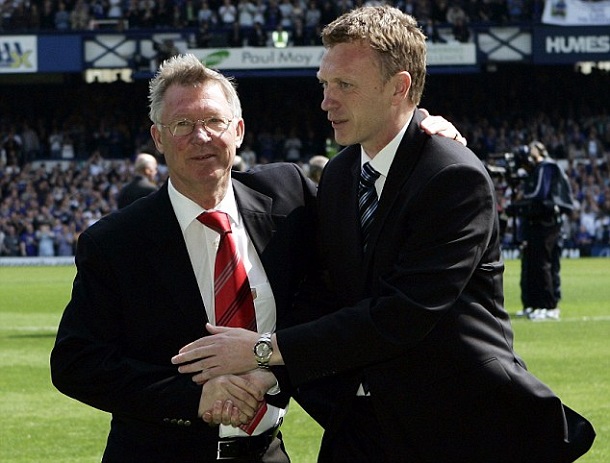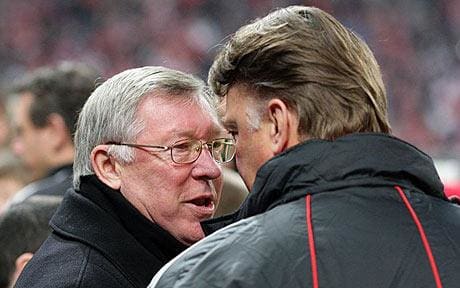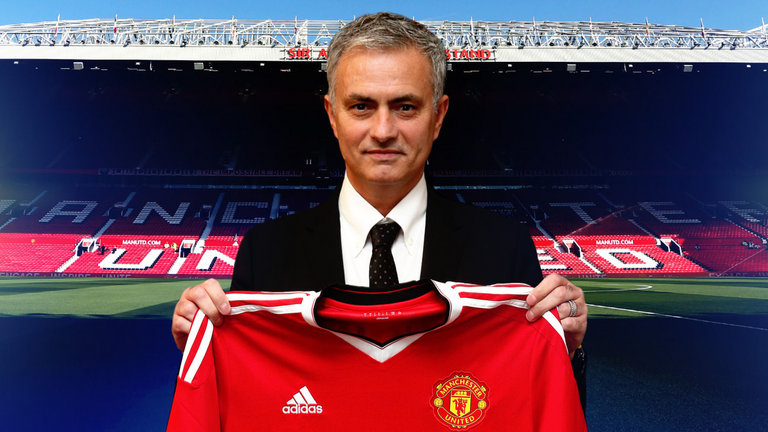Manchester United was formed in 1878 as Newton Heath LYR Football Club by the Carriage and Wagon department of the Lancashire and Yorkshire Railway (LYR) depot at Newton Heath. The team initially played games against other departments and railway companies, but on 20 November 1880, they competed in their first recorded match; wearing the colours of the railway company – green and gold – they were defeated 6–0 by Bolton Wanderers reserve team. By 1888, the club had become a founding member of The Combination, a regional football league. Following the leagues dissolution after only one season, Newton Heath joined the newly formed Football Alliance, which ran for three seasons before being merged with the Football League. This resulted in the club starting the 1892–93 season in the First Division, by which time it had become independent of the railway company and dropped the (LYR) from its name. After two seasons, the club was relegated to the Second Division.
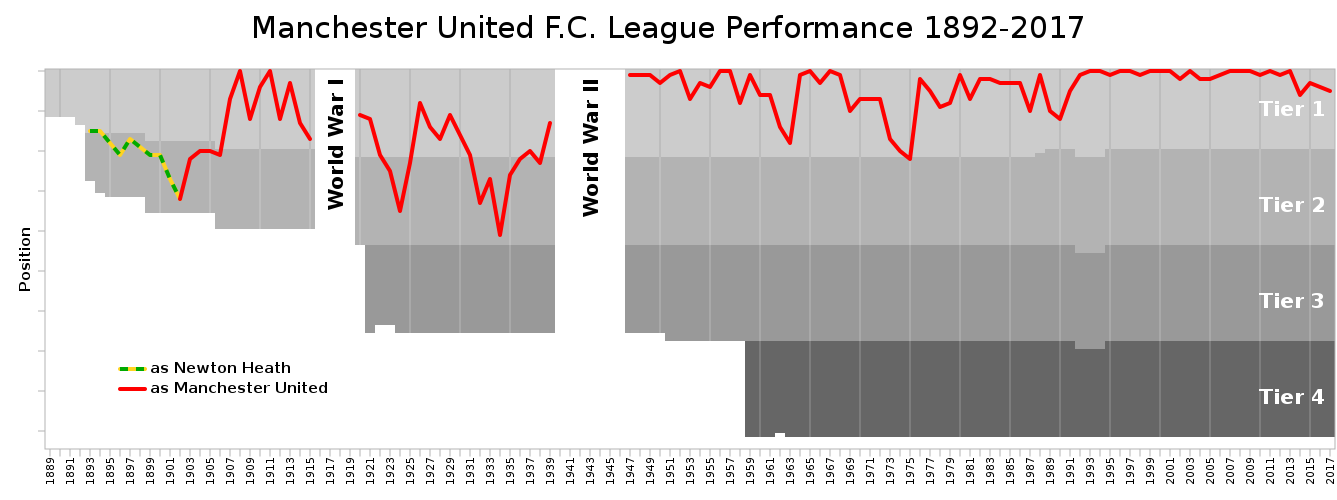
In October 1945, the impending resumption of football led to the managerial appointment of Matt Busby, who demanded an unprecedented level of control over team selection, player transfers and training sessions. Busby led the team to second-place league finishes in 1947, 1948 and 1949, and to FA Cup victory in 1948. In 1952, the club won the First Division, its first league title for 41 years. With an average age of 22, the back-to-back title winning side of 1956 were labelled "the Busby Babes" by the media, a testament to Busby's faith in his youth players. In 1957, Manchester United became the first English team to compete in the European Cup, despite objections from The Football League, who had denied Chelsea the same opportunity the previous season.En route to the semi-final, which they lost to Real Madrid, the team recorded a 10–0 victory over Belgian champions Anderlecht, which remains the club's biggest victory on record.
The following season, on the way home from a European Cup quarter-final victory against Red Star Belgrade, the aircraft carrying the Manchester United players, officials and journalists crashed while attempting to take off after refuelling in Munich, Germany. The Munich air disaster of 6 February 1958 claimed 23 lives, including those of eight players – Geoff Bent, Roger Byrne, Eddie Colman, Duncan Edwards, Mark Jones, David Pegg, Tommy Taylor and Billy Whelan – and injured several more.
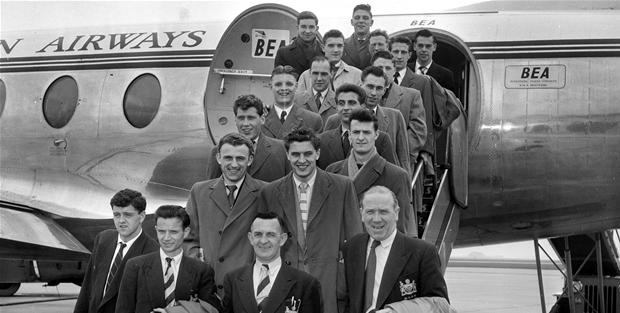
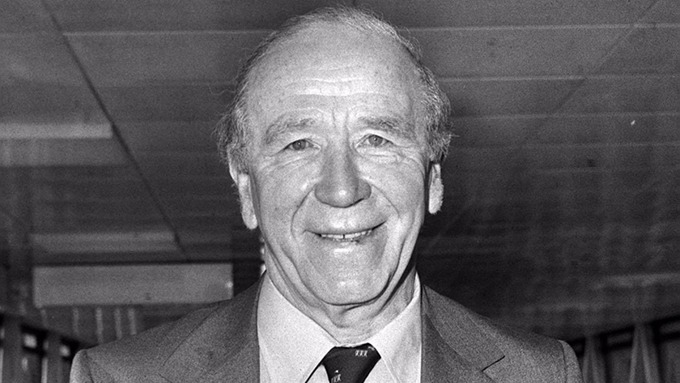
Alex Ferguson and his assistant Archie Knox arrived from Aberdeen on the day of Atkinson's dismissal, and guided the club to an 11th-place finish in the league. Despite a second-place finish in 1987–88, the club was back in 11th place the following season. Reportedly on the verge of being dismissed, victory over Crystal Palace in the 1990 FA Cup Final replay (after a 3–3 draw) saved Ferguson's career. The following season, Manchester United claimed its first Cup Winners' Cup title and competed in the 1991 UEFA Super Cup, beating European Cup holders Red Star Belgrade 1–0 in the final at Old Trafford. A second consecutive League Cup final appearance followed in 1992, in which the team beat Nottingham Forest 1–0 at Wembley. In 1993, the club won its first league title since 1967, and a year later, for the first time since 1957, it won a second consecutive title – alongside the FA Cup – to complete the first "Double" in the club's history.
In the 1998–99 season, Manchester United became the first team to win the Premier League, FA Cup and UEFA Champions League – "The Treble" – in the same season. Losing 1–0 going into injury time in the 1999 UEFA Champions League Final, Teddy Sheringham and Ole Gunnar Solskjær scored late goals to claim a dramatic victory over Bayern Munich, in what is considered one of the greatest comebacks of all time. The club also won the Intercontinental Cup after beating Palmeiras 1–0 in Tokyo. Ferguson was subsequently knighted for his services to football.
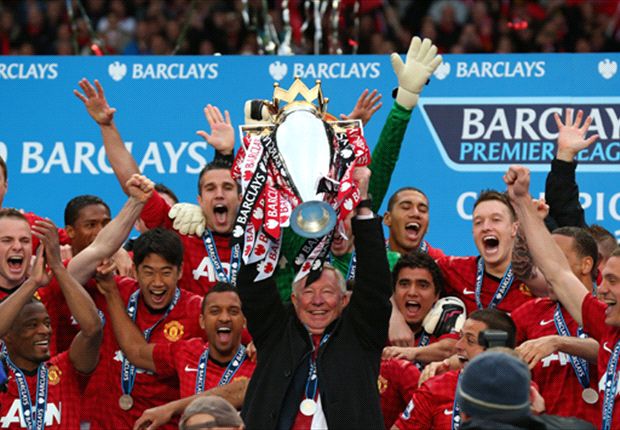
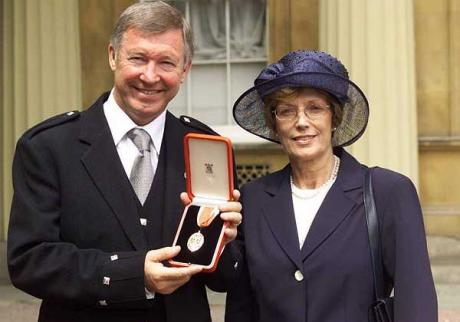
On 8 May 2013, Ferguson announced that he was to retire as manager at the end of the football season, but would remain at the club as a director and club ambassador. The club announced the next day that Everton manager David Moyes would replace him from 1 July, having signed a six-year contract. Ryan Giggs took over as interim player-manager 10 months later, on 22 April 2014, when Moyes was sacked after a poor season in which the club failed to defend their Premier League title and failed to qualify for the UEFA Champions League for the first time since 1995–96. They also failed to qualify for the Europa League, meaning that it was the first time Manchester United hadn't qualified for a European competition since 1990. On 19 May 2014, it was confirmed that Louis van Gaal would replace Moyes as Manchester United manager on a three-year deal, with Giggs as his assistant. Malcolm Glazer, the patriarch of the Glazer family that owns the club, died on 28 May 2014.
Although Van Gaal's first season saw United once again qualify for the Champions League through a fourth-place finish in the Premier League, his second season saw United go out of the same tournament in the group stage. United also fell behind in the title race for the third consecutive season, finishing in 5th place, in spite of several expensive signings during Van Gaal's tenure. However, that same season, Manchester United won the FA Cup for a 12th time. Despite this victory, Van Gaal was sacked as manager just two days later with José Mourinho appointed in his place on 27 May, signing a three-year contract.
